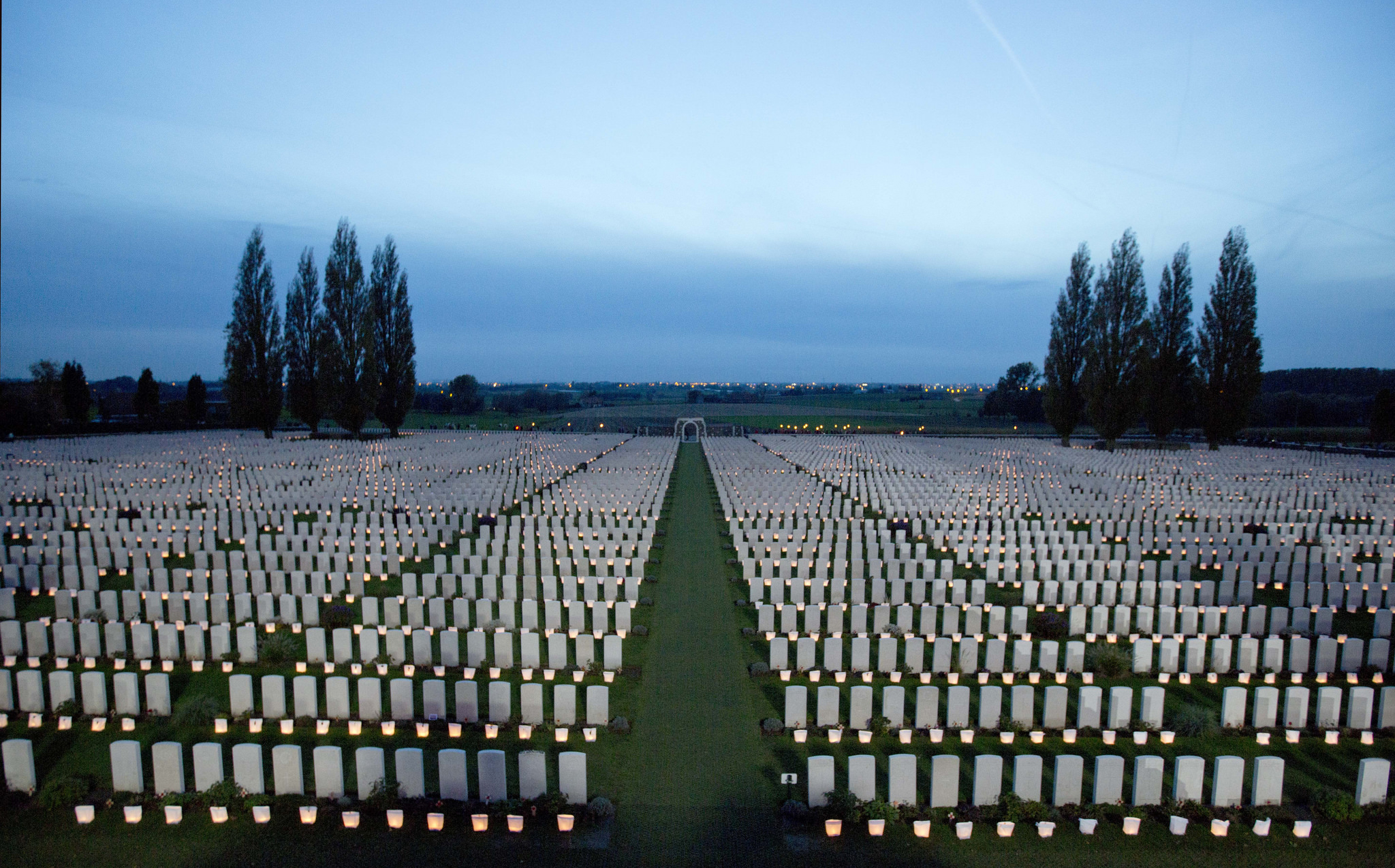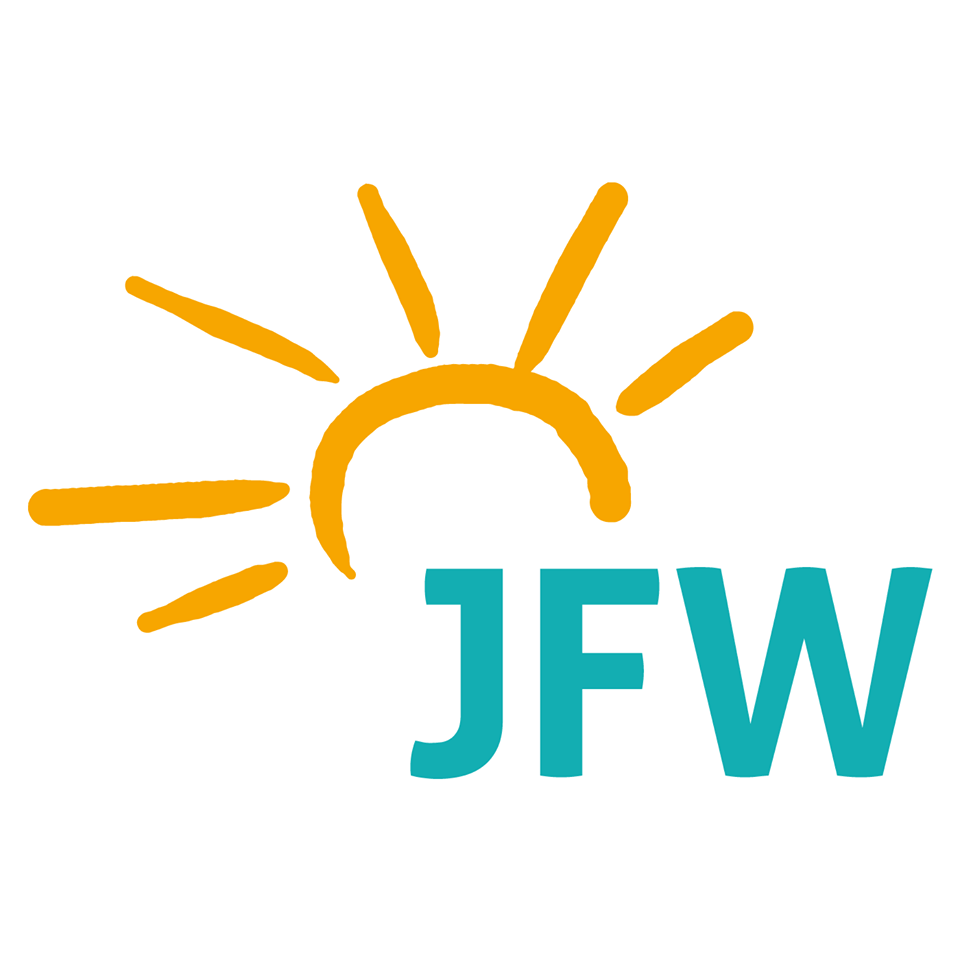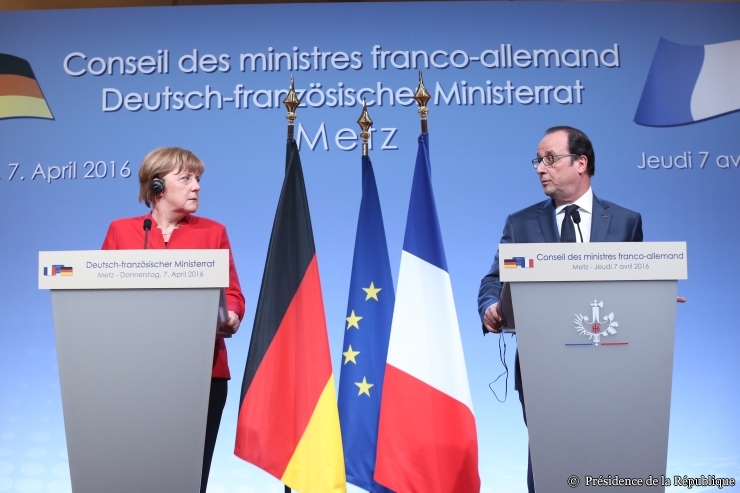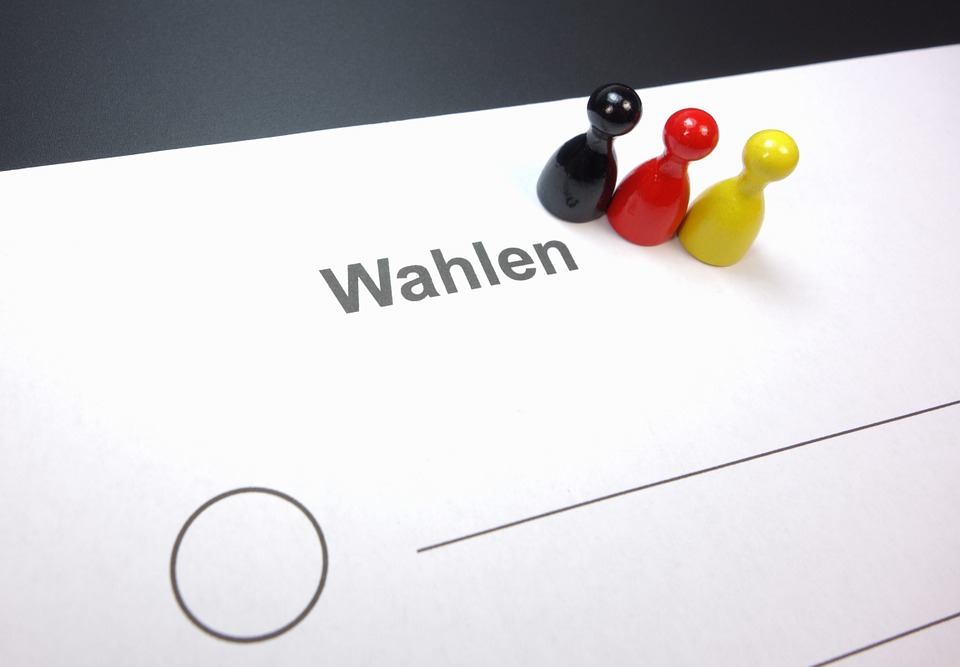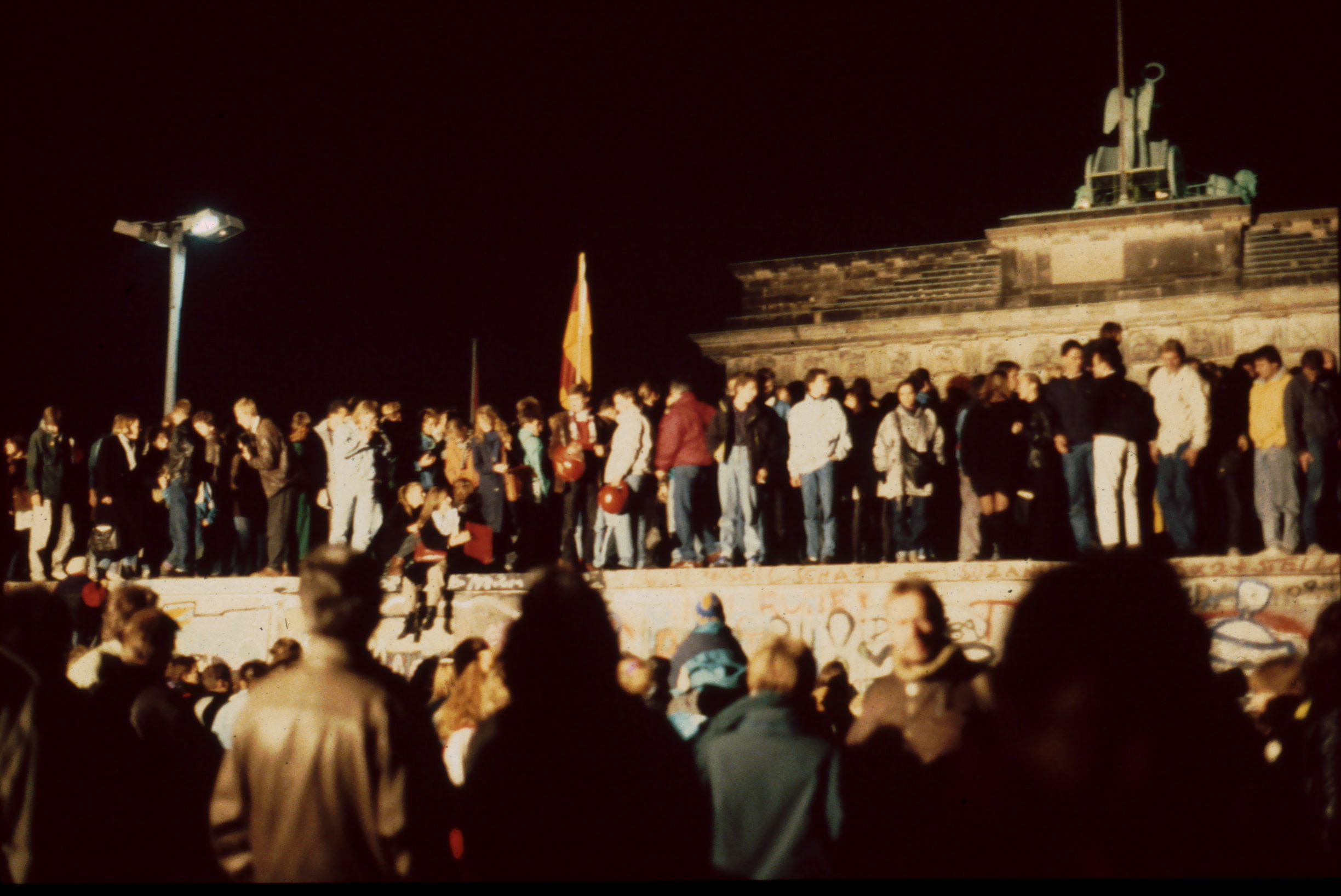[English version below]
Am 3. Oktober 1990 ist nicht nur Deutschland wiedervereint worden. Ganz Europa ist an diesem Tag zusammengewachsen. Nach dem Fall des Eisernen Vorhangs und der Einigung hat sich die Europäische Union in den Osten ausgeweitet, von zwölf auf heute 28 Mitglieder. Ehemals kommunistisch regierte Staaten wurden in die EU integriert, was für die alten und neuen Staaten eine große Herausforderung, aber auch eine große Chance war. Und Deutschland lag von nun an nicht mehr am Rand, sondern in der Mitte Europas. Die Bundesrepublik ist seiner Verantwortung und seiner Möglichkeiten in Europa bewusst. Der damalige Bundeskanzler Helmut Kohl sagte am 3. Oktober 1990: „Die Einigung Deutschlands ist untrennbar verbunden mit der Europas. Mit der gleichen Beharrlichkeit, mit der wir unsere Einheit angestrebt haben, werden wir uns weiterhin entschlossen für die europäische Einigung einsetzen.“
Seit der Gründung der DDR am 7. Oktober 1949 versuchten etwa drei Millionen Menschen aus dem Land zu fliehen und in die Bundesrepublik einzureisen. Heute ist das vereinte Deutschland Ziel vieler Flüchtlinge. In Erinnerung an die Flüchtlingsbewegungen von 1949 bis 1989 ist Europa, eine Gemeinschaft für Frieden und Freiheit, heute in der Verantwortung, Menschen aufzunehmen, für die ihre Heimat kein sicherer Ort mehr ist.
Für Deutschland ist die Wiedervereinigung ein Meilenstein. Zu verdanken ist er vor allem den Menschen, die der staatlichen Unterdrückung trotzten und ihre Freiheit forderten. Von nun an haben wir eine Flagge, eine Nationalhymne, ein Parlament, eine Hauptstadt, eine Fußballmannschaft und vor allem – ein gemeinsames Volk. Daher feiern die Menschen jedes Jahr den 3. Oktober und erinnern an die Nacht im Jahr 1990, die zwei Länder vereinte.
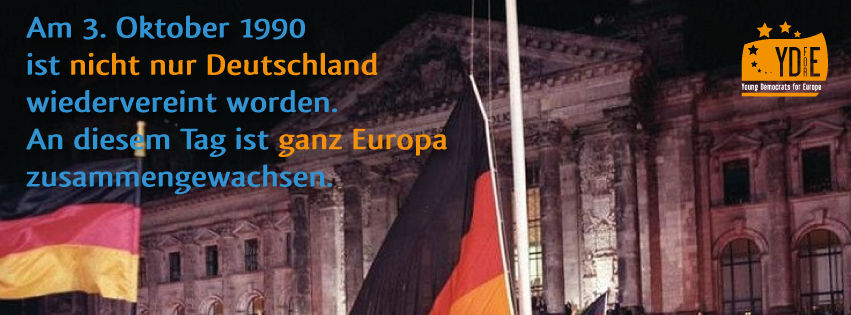
On the 25th anniversary of German Reunification
On 3 October 1990 not only Germany was reunited. Europe as a whole reached together a new step. After the fall of the Iron Curtain and the reunification, the European Union has expanded eastwards, from twelve to 28 members. Former communist ruled countries got integrated in the European Union. This was a major challenge but also a great opportunity for the old and the new countries. And Germany was no longer on the edge but in the middle of Europe. The Federal Republic is aware of its responsibilities and its possibilities. The former German Chancellor Helmut Kohl said on 3 October 1990: “The unification of Germany is inextricably linked with that of Europe. With the same tenacity with which we pursued our unity, we will continue to work resolutely for European unification.”
Since the founding of the GDR on 7 October 1949, about three million people tried to flee out of the country and to enter the Federal Republic. Today the united Germany is the destination to many refugees. In memory of the refugee movements 1949-1989, Europe, a community for peace and freedom, is today a responsibility to take people for whom their home is no longer safe.
For Germany, the reunification is a milestone. It is mainly due to the people who braved the state repression and demanded their freedom. From now on we have a flag, a national anthem, a parliament, a capital, a football team and most importantly – a common people. Therefore, people celebrate every year October 3 and remember the night in 1990 that united two countries.

